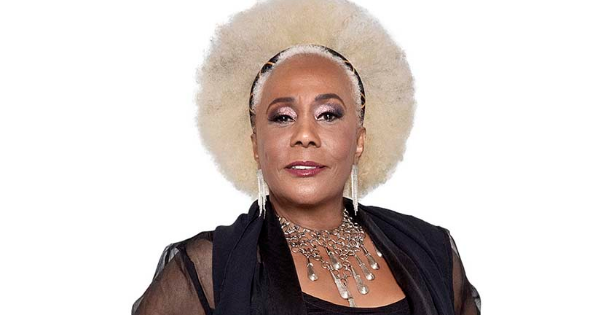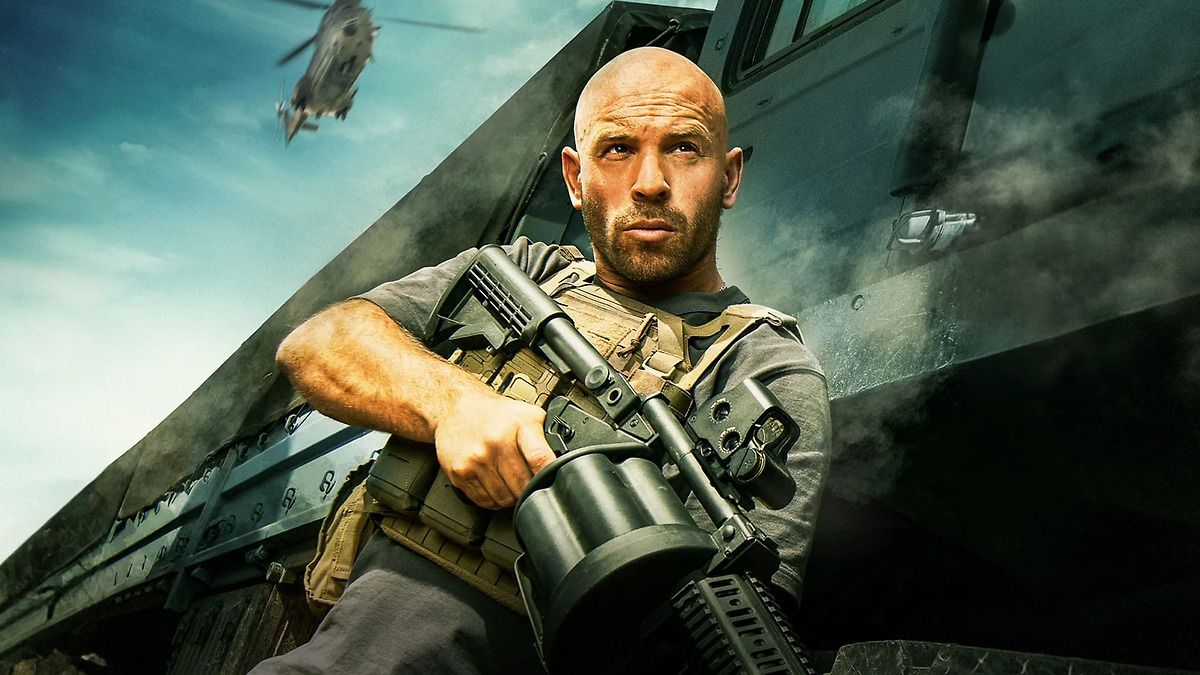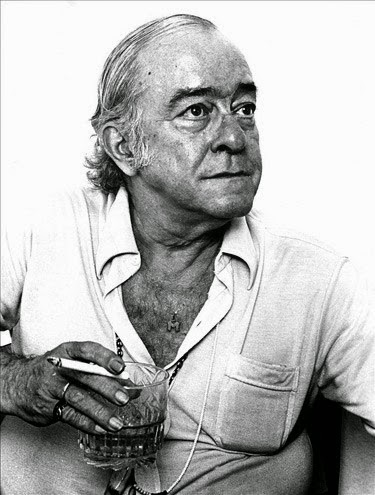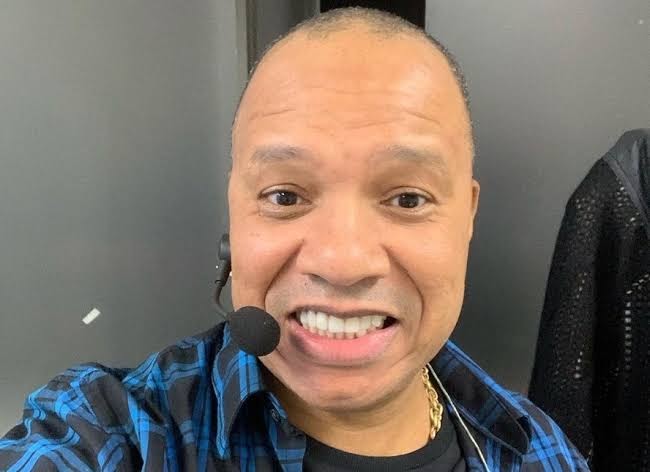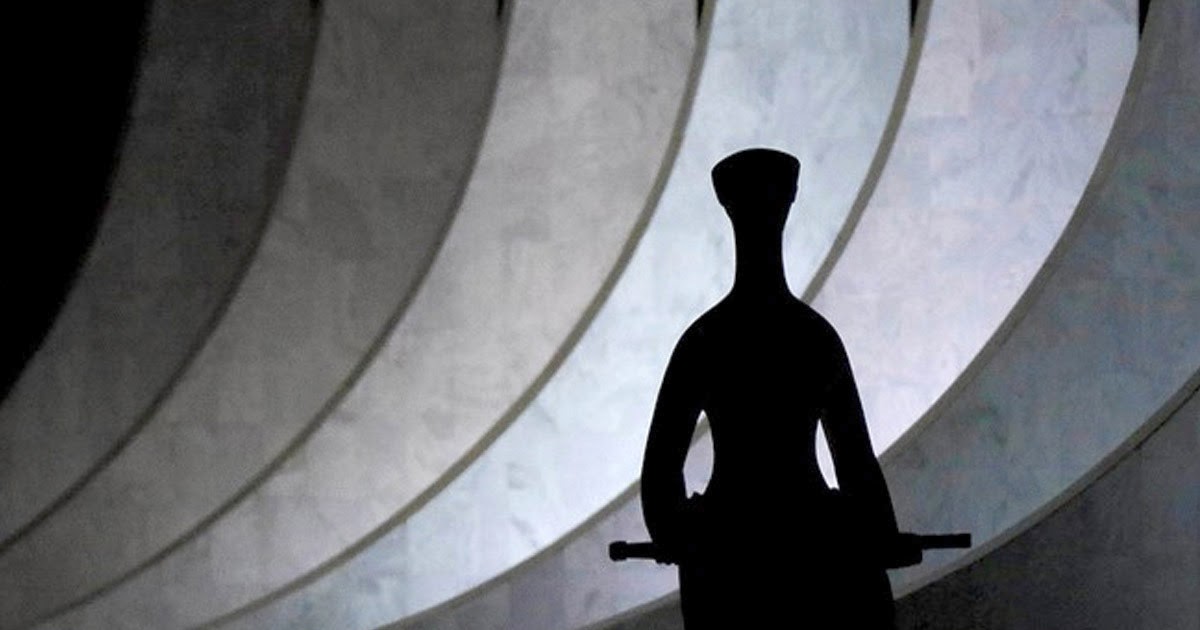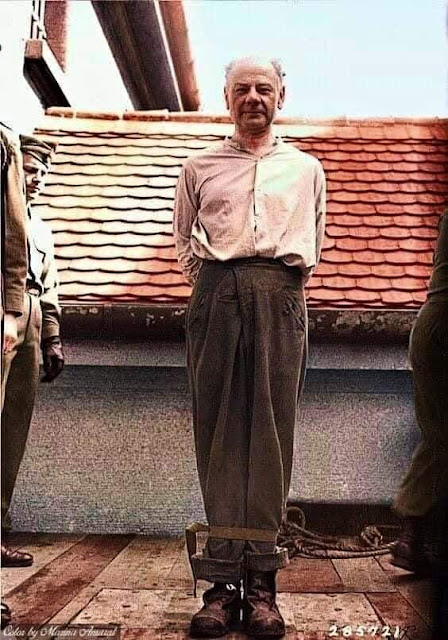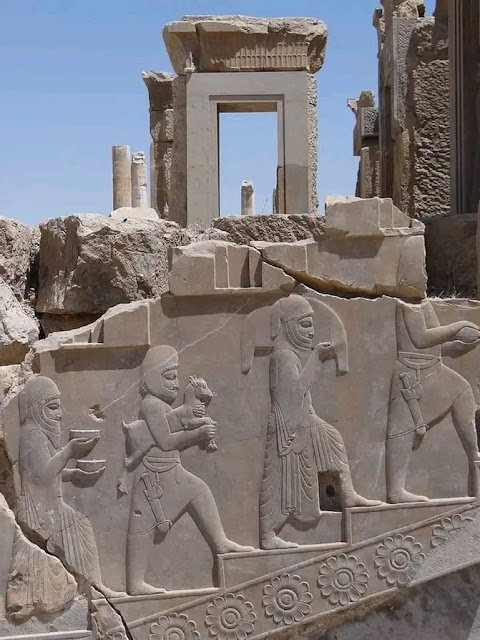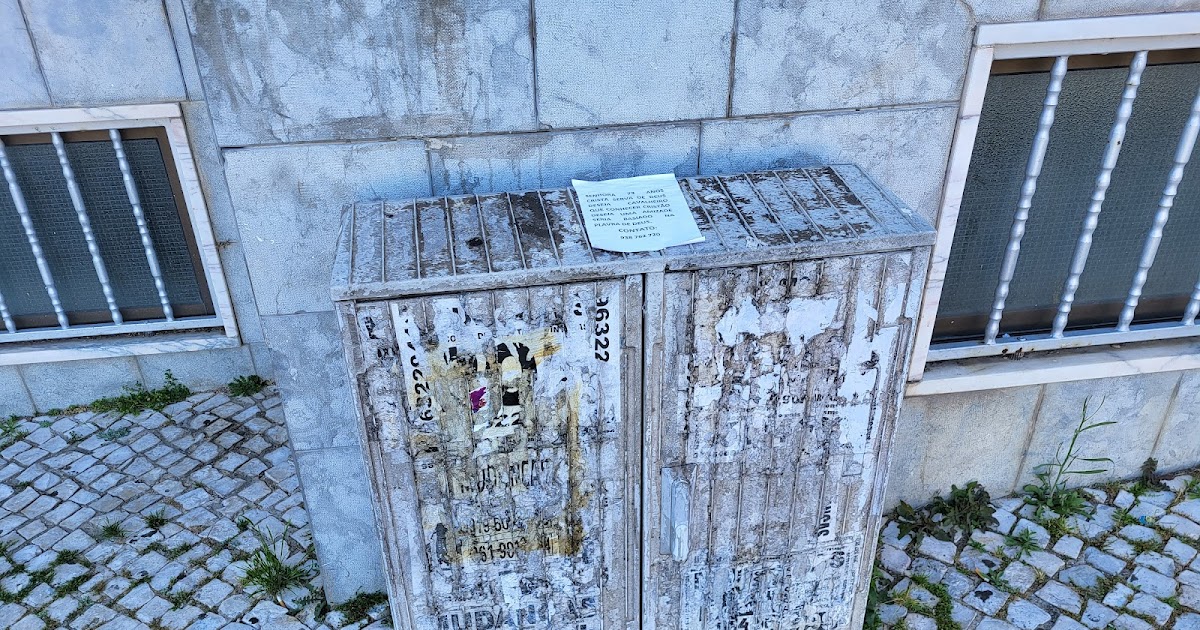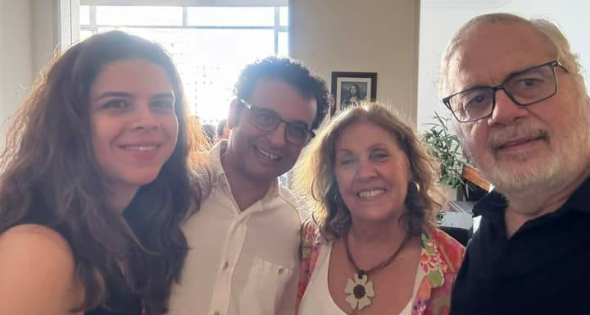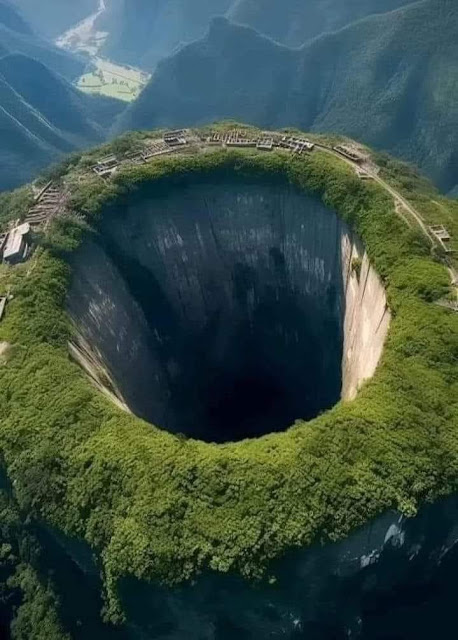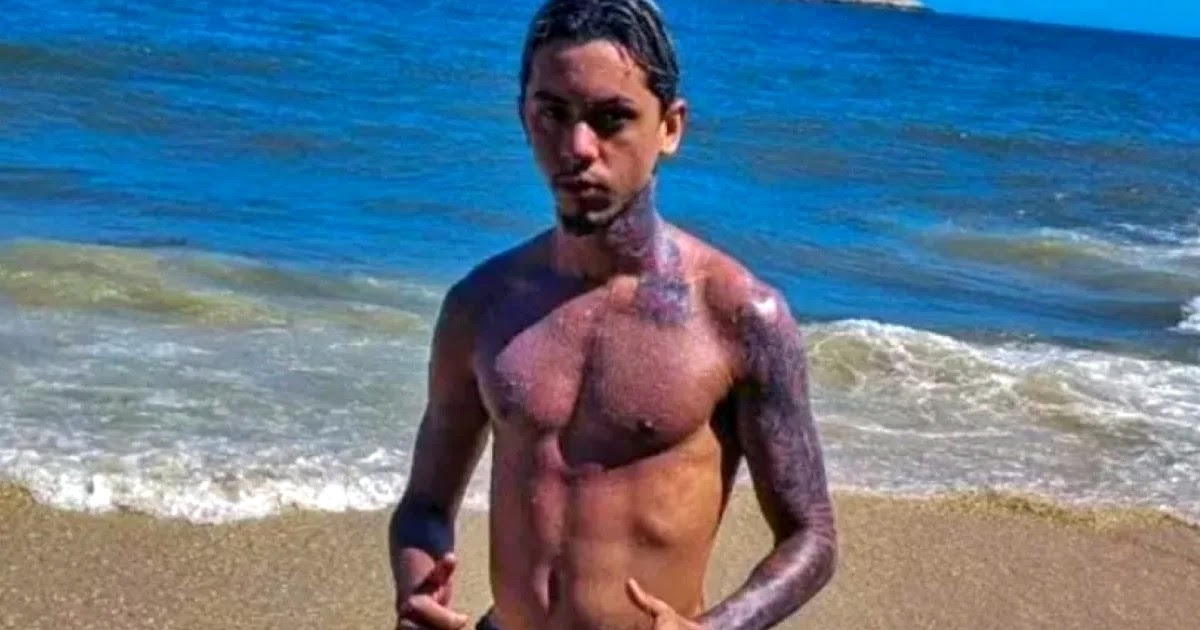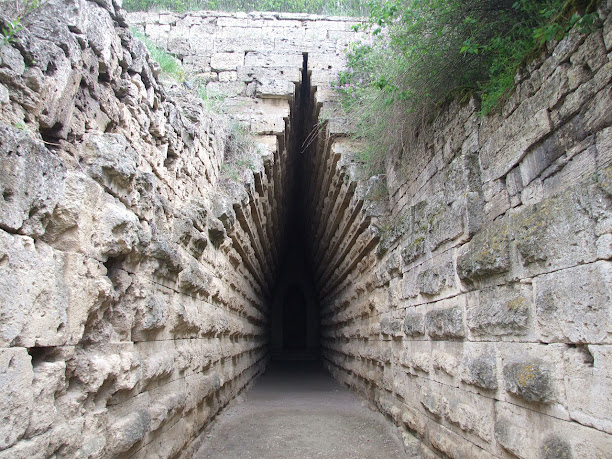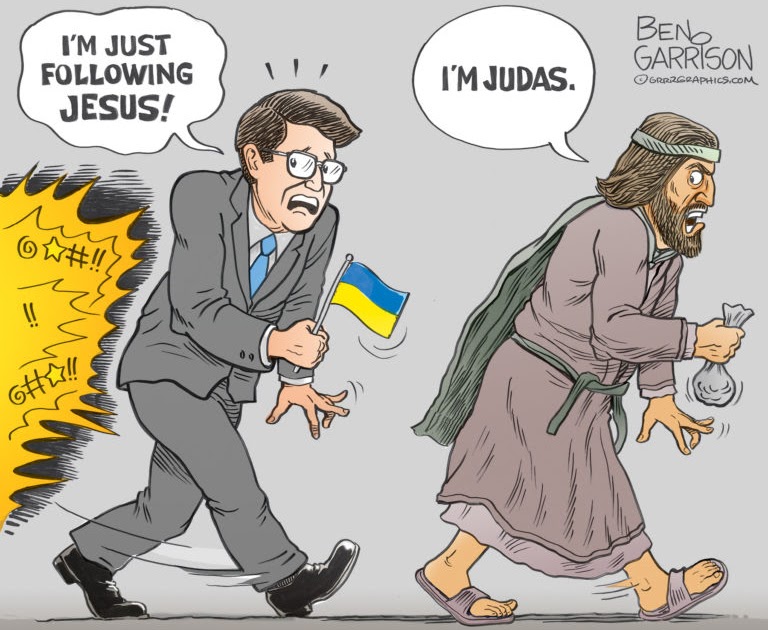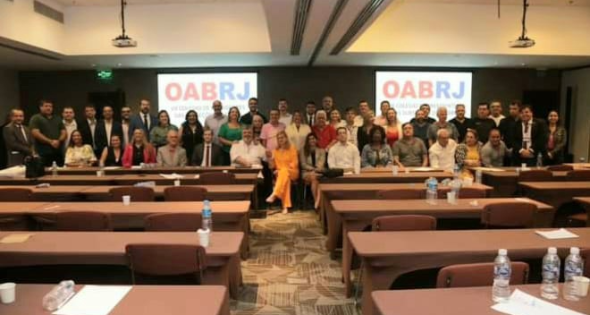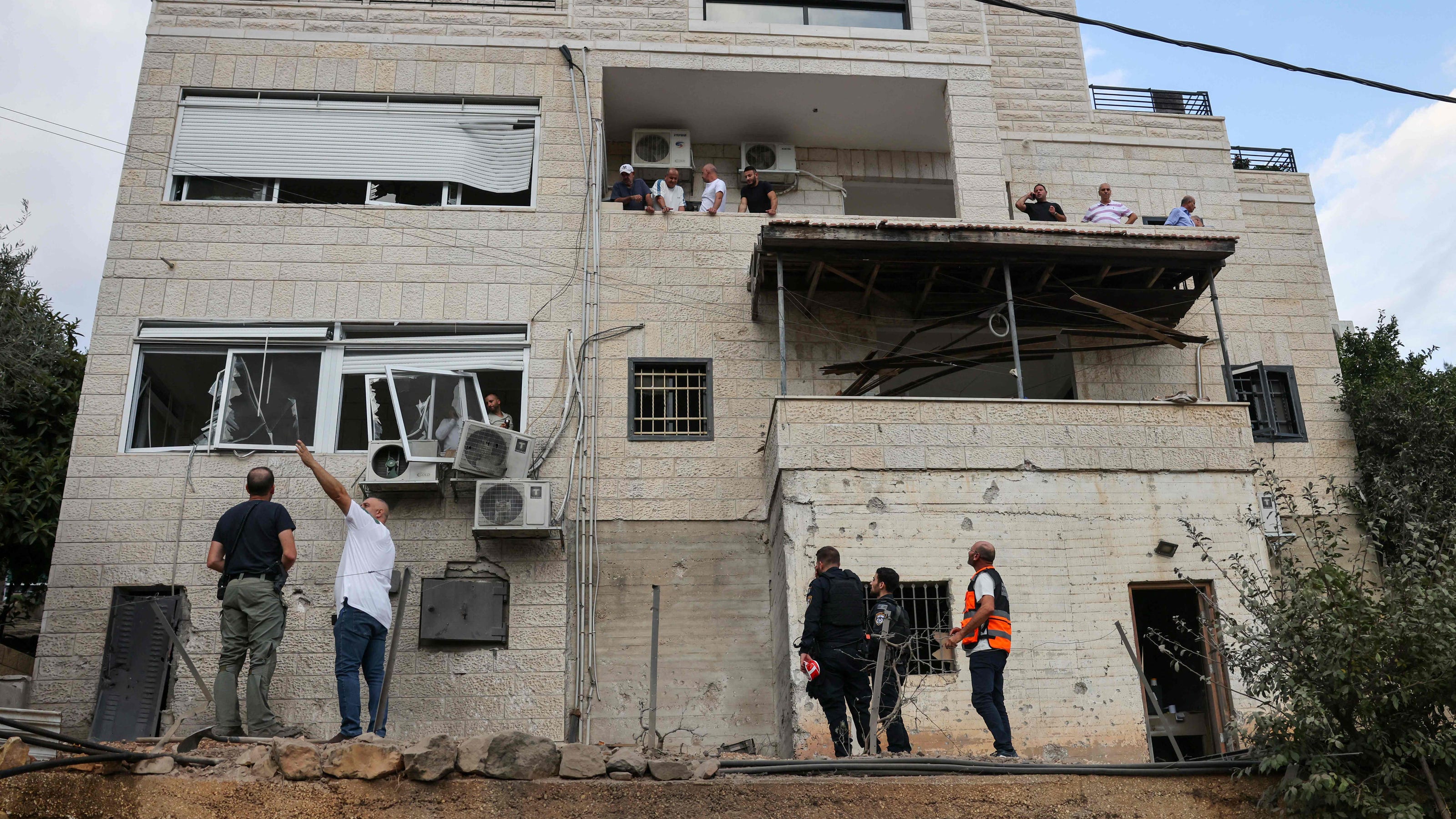
www.usatoday.com
Is Iran behind Hamas terrorist attacks? What it would mean for US and Middle East security
Concerns about a possible Iranian role in Hamas' terrorist attacks in Israel has U.S. officials concerned about escalation of the war.
Internacional
WASHINGTON − Hamas has claimed it, Iran has denied it and the U.S. and Israeli governments say they don’t – as of yet – have any direct evidence the Tehran government was behind the deadly Hamas terrorist attacks in Israel.
But a senior U.S. official said late Monday that Iran certainly is complicit in funding Hamas, the Palestinian Islamist movement, providing weapons to it and training its paramilitary forces.
Analysts say such complicity could have a significant impact on a rapidly intensifying crisis that until now has been limited to battles between Israeli and Hamas forces.
The Biden administration said Monday that at least 11 Americans have been killed in the terrorist attacks. And the White House confirmed it believes at least some Americans are among the hostages Hamas operatives abducted and brought back with them to Gaza.
The militant Islamic group is one of two major political parties that rules over at least 2 million Palestinians in Gaza. The U.S., European Union and dozens of nations have designated Hamas a terrorist organization for its armed resistance to Israel, but it pales in comparison to Iran and another of Tehran’s proxies, Hezbollah, when it comes to terrorist reach and capability.
"Iran would be suspect No. 1 in a lineup” of suspects who could give Hamas the ability to launch the stunning terrorist attacks against Israel by air, land and sea and take it by surprise, said Andrew Borene, a senior U.S. intelligence and counterterrorism official until four months ago.
“That doesn't mean that they're guilty,” Borene told USA TODAY in an interview. “It means there's a reason that they're being investigated" for a possible role in the attacks.
Iran "has historically been the largest state sponsor of terrorism," said Borene, whose last job was as a senior executive in the Office of the Director of National Intelligence. "And they are the most active state sponsor of terrorism. So it's not without cause that people are investigating that thread."
Here’s what you need to know about Iran, Hamas, and the attacks in Israel that some experts are saying is the country's 9/11.
More:Israel responds to barrage of rockets sent by Hamas militants with air strikes
What evidence is there tying Iran to the attacks?
The Biden administration has been careful in saying it has no evidence of a “direct” Iranian role in the attacks.
On Monday morning, principal deputy national security adviser Jon Finer said the Biden administration is investigating, but it lacks “direct information” that Tehran was behind it.
Finer was asked about Iran’s possible role in the attacks by ABC’s "Good Morning America" host George Stephanopoulos, who cited a Wall Street Journal report that said Iranian security officials "helped plan Hamas’s Saturday surprise attack on Israel and gave the green light for the assault at a meeting in Beirut last Monday." The Journal cited senior members of Hamas and Hezbollah, another Iran-backed militant group.
“So taking a step back, I think what we can be quite clear about is that Iran is broadly complicit in these attacks, for having supported Hamas going back decades, for having provided financial support, for having provided training, for having provided weapons to Hamas,” Finer said. “What we don't have is direct information that shows Iranian involvement in ordering or planning the attacks that took place over the last couple of days.”
Asked whether the White House believes the Wall Street Journal report was inaccurate, Finer said: “What I can tell you is we have no direct information to confirm that report. We've obviously seen it. We're looking into it, but we do not have the ability to corroborate it at this time.”
A Palestinian protester aims flares at Israeli troops amid clashes in Ramallah in the occupied West Bank on October 9, 2023. Palestinians in the occupied West Bank have rallied in support and clashed with Israeli security forces, leaving 15 Palestinians dead since October 7, as fighting raged between Israel and Hamas around the Gaza Strip.
The Israeli military also has said there is no concrete evidence of Iranian involvement in the Hamas attack from Gaza. “Iran is a major player, but we can’t yet say if it was involved in the planning or training,” said R Adm Daniel Hagari, a spokesperson for the Israel Defense Forces.
More:Pentagon sends warships, warplanes to Middle East after Hamas attacks
Iran denies it played a role in the attacks
For its part, Iran has denied any role in the attack.
Tehran’s mission to the United Nations said Sunday that Iran was not involved in one of the bloodiest attacks in Israel's history, when Islamist group Hamas killed hundreds of Israelis and abducted perhaps 100 more.
"The resolute measures taken by Palestine constitute a wholly legitimate defense against seven decades of oppressive occupation and heinous crimes committed by the illegitimate Zionist regime," Iran's U.N. mission said in statement, according to a Reuters report.
Why is Iran suspected of playing a role?
For all their denials about finding a direct connection, U.S. officials have been quick to say that Iran has a history of supporting these kinds of attacks, and Hamas in particular.
White House spokesman John Kirby said Monday night that there’s “no question there's a degree of complicity here.”
“Iran has been supporting Hamas for many, many years with tools, training, capabilities, certainly rhetorically but in much more tangible ways than that," he said. "So absolutely, there's a degree of complicity here, writ large."
The U.S. would continue “looking through the information streams” to find any connections, and hard evidence that Iran was directly involved planning, launching or carrying out the sets of complex attacks Hamas pulled off over the weekend, Kirby said.
''Obviously, nobody's walking away from the fact that Iran has long supported Hamas,” he said.
The Wall Street Journal report raised alarms in Washington, in part because of the specificity of the allegations.
Citing a variety of sources, the Journal said in its report Sunday that the Revolutionary Guard, the main political branch of the Iranian military, had attended biweekly Hamas planning meetings in Beirut since August, including two also attended by Iranian Foreign Minister Hossein Amir-Abdollahian.
'Lots of evidence of active engagement by Iran'
Sen. Chris Coons, D-Del., a member of the Senate Foreign Relations Committee, was one of several lawmakers briefed on the Hamas attacks by the Biden administration.
In a CNN interview, Coons said Iran has a history of supporting others in their acts of war and terrorism. And he said that in this case, it is especially under suspicion because Hamas publicly thanked Tehran “for their funding, their training, their contributions for this horrific attack on Israeli civilians.”
Iran, Coons said, is Russia’s partner in its brutal war in Ukraine, providing drones that are carrying out deadly attacks on civilians.
It has funded, trained and armed Hezbollah, the Shia militia in Lebanon that also has attacked Israel with rockets. And Iran has sent its Revolutionary Guard fighters into Syria, where they can threaten Israel from the northeast, he said.
“And it is Iran that has funded and trained Hamas that has carried out this attack from Gaza,” Coons said. “So, whether or not there is specific intelligence about a direct Iranian role in planning this specific attack, there is lots of evidence of active engagement by Iran in supporting the organizations and groups that have caused chaos in the Middle East now for years.”
Is the Biden administration helping Israel investigate the attacks and a possible Iranian role in them?
Yes. As President Biden and his top aides have stressed repeatedly, the U.S. is a staunch ally, and the two nations share many security goals and strategies in the Middle East and beyond. As such, they are extremely close when it comes to sharing even the most sensitive and timely intelligence.
Biden "has also spoken with many of our allies and partners, including the leaders of France, Germany, Italy and the United Kingdom, just this afternoon to help coordinate our efforts," Kirby told reporters Monday night.
According to a White House statement, Biden "directed his team to follow up on coordination with Israel on all aspects of the crisis and to continue their work with regional partners to warn anyone who might seek to take advantage in this situation."
It's also clear that various U.S. intelligence agencies, especially the CIA and the National Security Agency, have devoted considerable resources to understanding the intentions of Iran's civilian government leadership and the mullahs, or religious clerics who wield significant power within the country.
At a security conference this summer, CIA Director Williams Burns acknowledged Iran is meddling in the Ukraine war by sending weapons and other help to its ally Russia. And more broadly, Burns said, "in terms of our commentary on intelligence we collect about what’s going on inside the Iranian leadership."
On Saturday, Burns was set to be the keynote speaker at another security conference in Sea Isle, Georgia, but canceled at the last minute because of the Gaza attacks, said Borene, who was at the conference.
And each year, Burns and other U.S. intelligence agency leaders provide a worldwide threat assessment to Congress and say they are intensively investigating Iran’s connections to a wide array of terrorist groups.
When will we know if Iran was involved, and to what extent?
Determining what role, if any, Iran played in the attack could take weeks, months or even years if history is any guide, said Borene, who is based in London as executive director of Flashpoint National Security Solutions, a risk intelligence platform.
And in the meantime, he said, authorities need to be very careful about pointing fingers – especially when it comes to an adversary as capable as Iran.
“The crisis is ongoing, and it is simply too early to assign culpability when Iran is denying even indirect involvement,” Borene said. “All government agencies are wise to move slowly in their forensic and detective work before leveling accusations of even indirect Iranian support. Especially when the stakes are as high as they would be in the event of Iranian involvement in these terrorist attacks.”
Does Iran want to escalate the Hamas-Israel conflict?
On Monday, there was widespread public and media speculation that Iran was behind the attacks. One national security reporter posted on X, formerly Twitter, that “Iran's goal is to draw the US into a broader conflict: senior intelligence source tells me.”
But some experts said that’s not Iran’s modus operandi.
“Sorry, not believable,” tweeted Joel Rayburn, a former career Army officer and Trump administration State Department and White House National Security Council official focusing on Iran and the Middle East.
“At no time in his 34-year rule has Ali Khamenei wanted a “broader conflict” with the United States,” Rayburn said of the supreme leader of Iran. “That’s why he uses proxies. And it’s why whenever the US retaliates strongly against him, he backs off.”
Would Iran's involvement lead the U.S. to intervene?
Biden administration officials have said no, at least for the time being.
At his briefing Monday night, White House spokesman Kirby was asked specifically whether the U.S. would intervene militarily in the conflict, especially if Iran or Hezbollah are found to be responsible – or if they join to attack Israel.
“There's no intention to put U.S. boots on the ground,” Kirby said.
But he added that the Biden administration already has ramped up its presence in the region, including sending the massive Gerald R. Ford carrier strike group into the eastern Mediterranean as a message to Iran and Hezbollah.
“President Biden will always make sure that we are protecting and defending our national security interests wherever those interests are, including particularly in that part of the world,” Kirby said. “And I think I'll leave it at that.”
Related:Israel seeks Iron Dome missiles, U.S. guided weapons after Hamas attack



